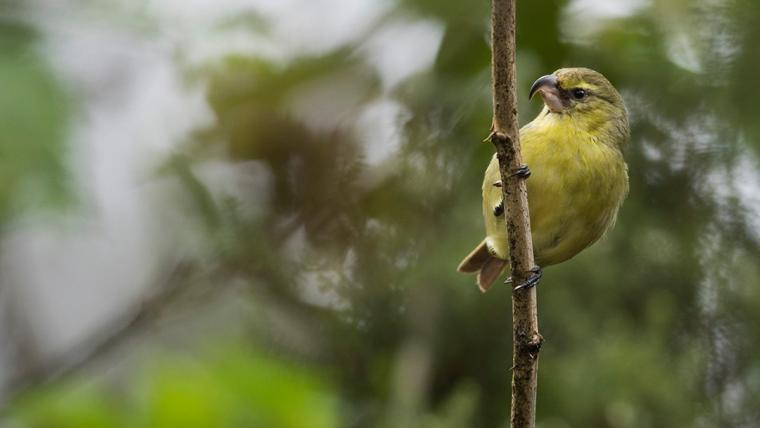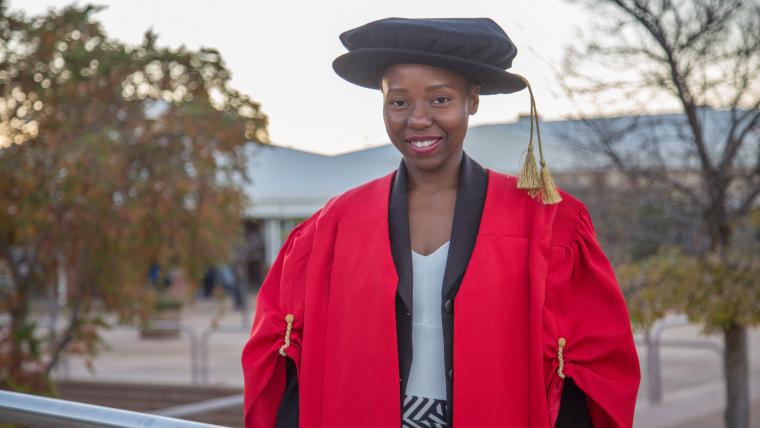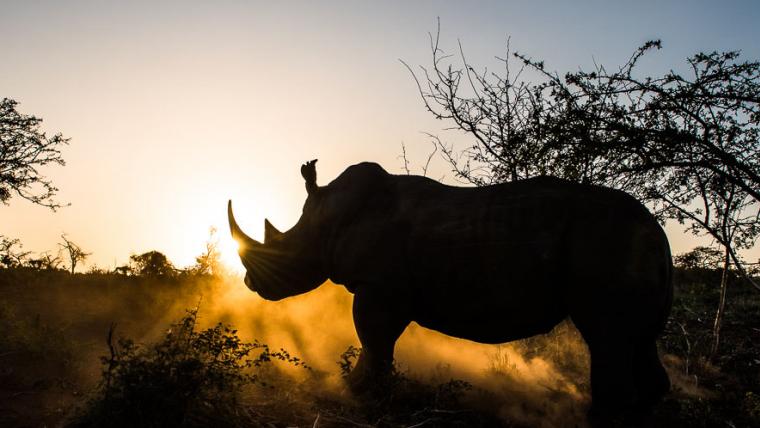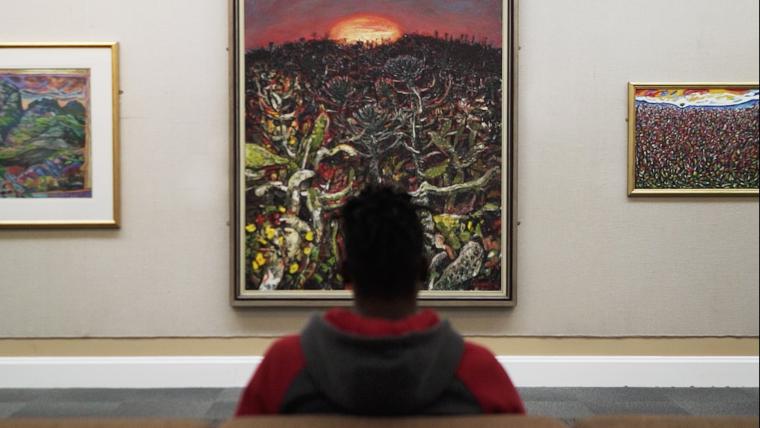
Reforestation takes balls: This bold method is spurring growth in Kenya
Each year in Kenya, approximately 12 000 hectares of forest are lost to logging and urban developments. With less than two percent of forest cover remaining, environmentalist Teddy Kinyanjui knew that urgent action without innovation wouldn’t be enough. “I was really lucky to grow up in Nairobi and spent most of my childhood outdoors,” he says. As the years went by, he noticed how absent trees had become since he was a boy. So he decided to utilise a bold method that’s spurring regrowth – seedballs.
Together with Elsen Karstad, Kinyanjui co-founded Seedballs Kenya to mobilise communities in the race to reforest the nation. “The mission of Seedballs Kenya is to help lower the cost of landscape scale restoration of indigenous plants,” he says. In collaboration with Chardust Ltd, a company that recycles charcoal waste, Kinyanjui and his team create charcoal-coated balls. These black spheres may not look like much, but inside the dark encasing are tree and grass seeds. Its coating acts as an armour against extreme temperatures and predators such as insects and birds. Apart from requiring sufficient rainfall, the seeds need little maintenance and can simply be thrown by hand around a community or dispersed from an aircraft over a greater area. Once a seedball falls on a stretch of land, it’s left to germinate, grow, and regenerate both the soil and vegetation.
Kinyanjui is committed to including communities and businesses across Kenya in the process of reforestation. People can donate seedballs to any one of the six conservation organisations they work with. Part of the company’s goal is to also engage and excite youth, and Kinyanjui and his team have partnered with Usiku Games to bring a playful approach to environmentalism through their Seed Balls game.
With his organisation, Kinyanjui is pioneering an accessible method to reverse deforestation. Schools, NGOs, and smallholder farmers now have an affordable tool to restore their land and enable indigenous tree species to thrive. To date, they’ve produced over 15 million seedballs. “Being able to create meaningful change in my home country, it feels amazing,” Kinyanjui says.
Footage and photos by Seedballs Kenya were used in the creation of this film.






























Please sign in to leave a comment